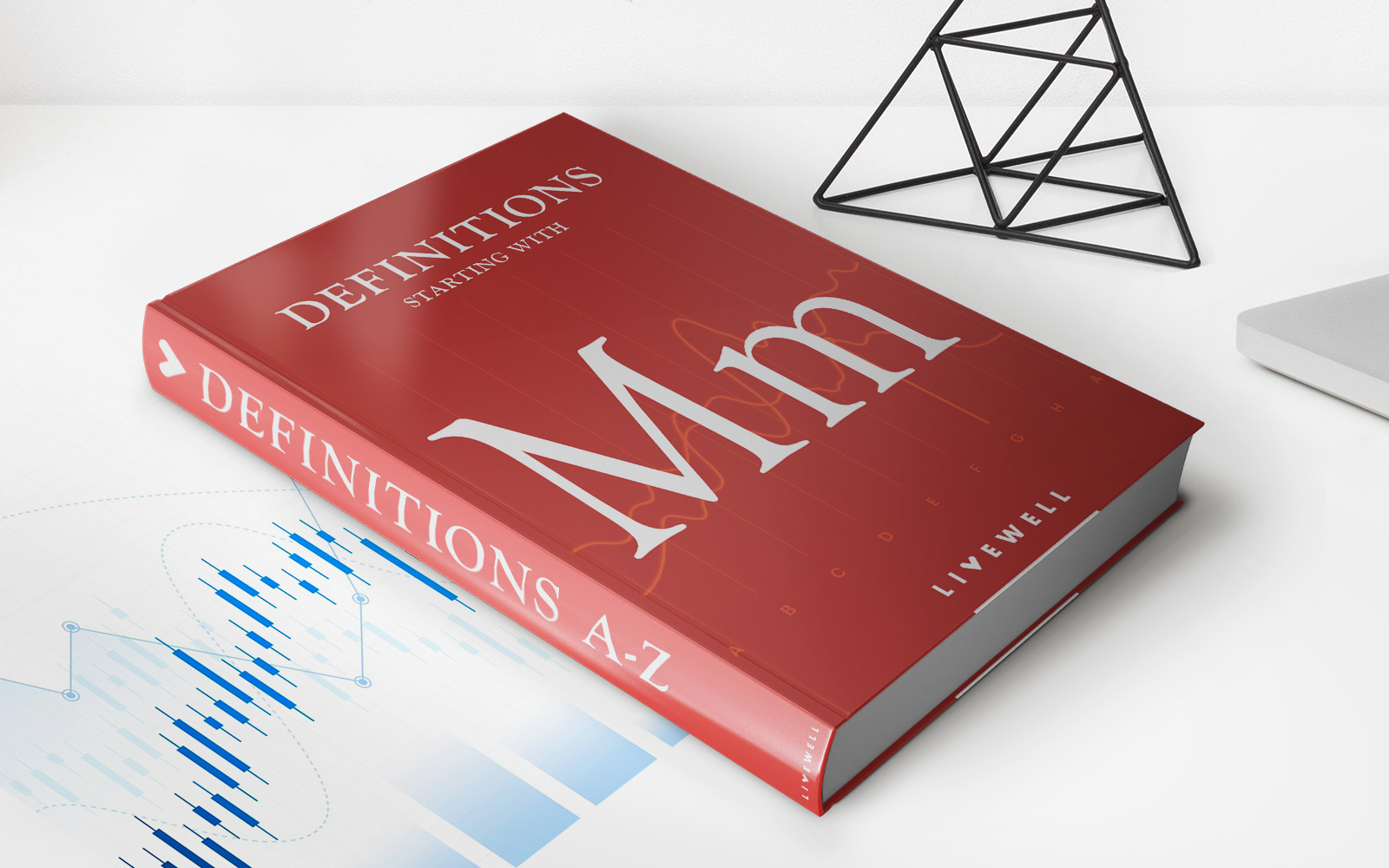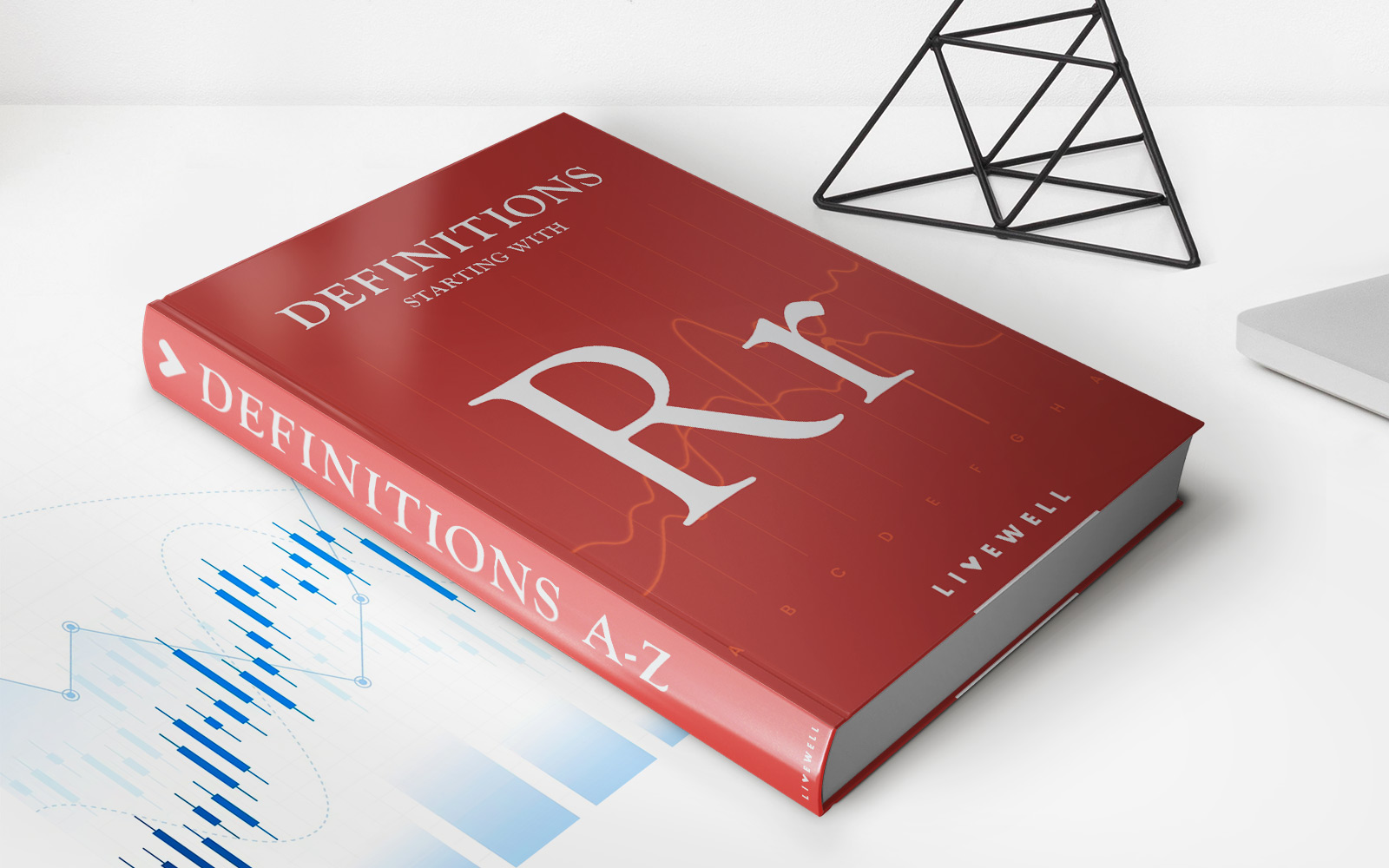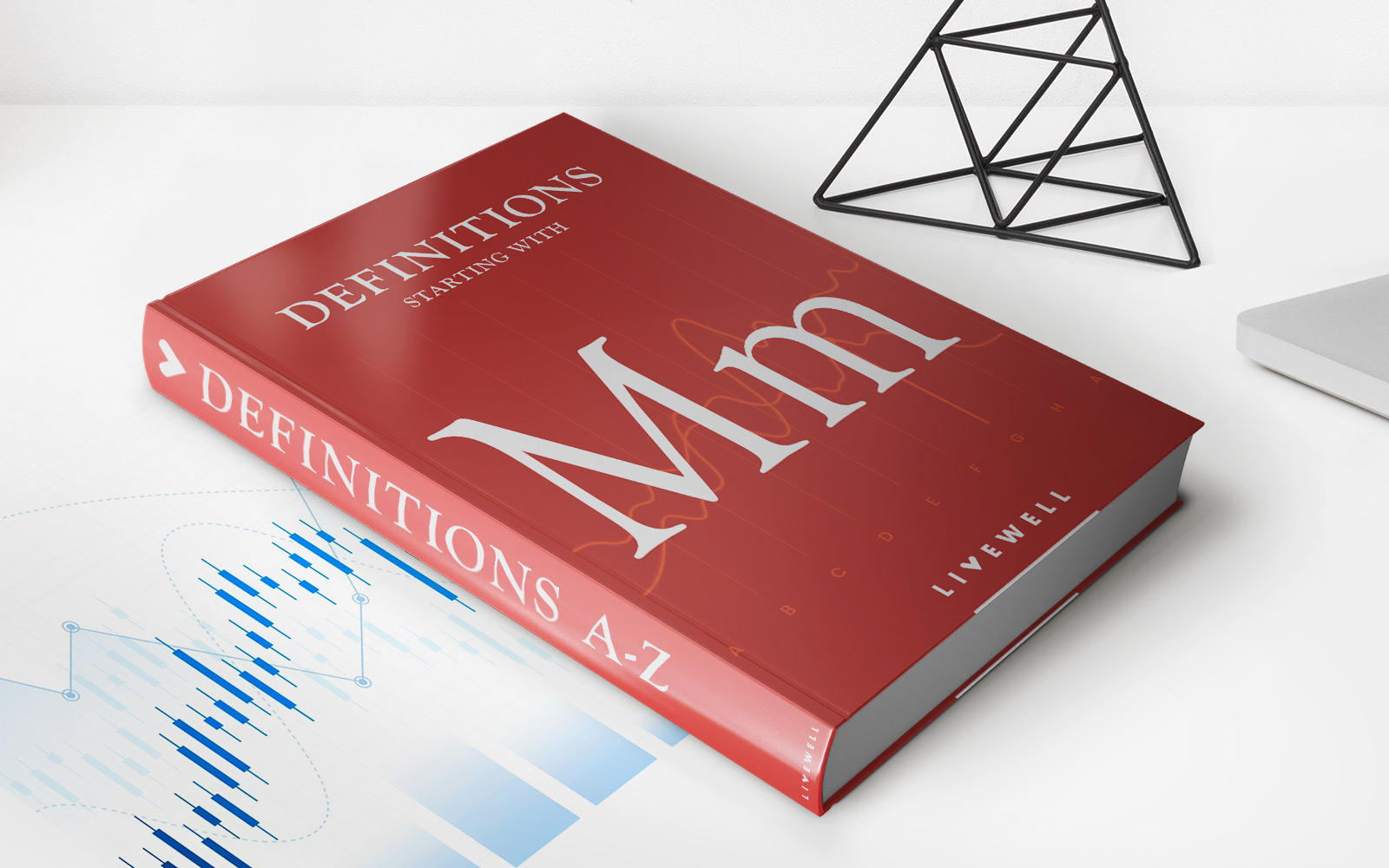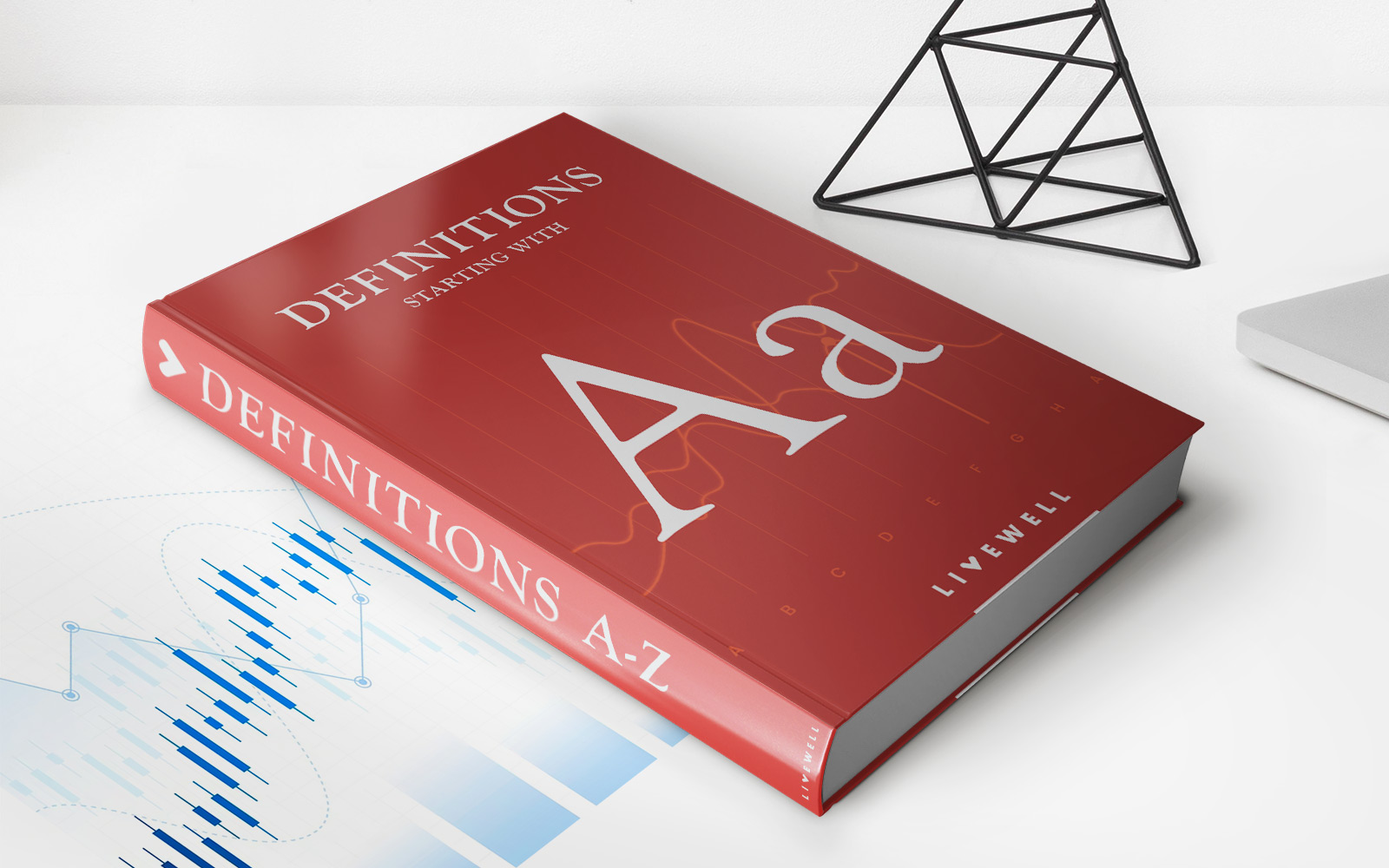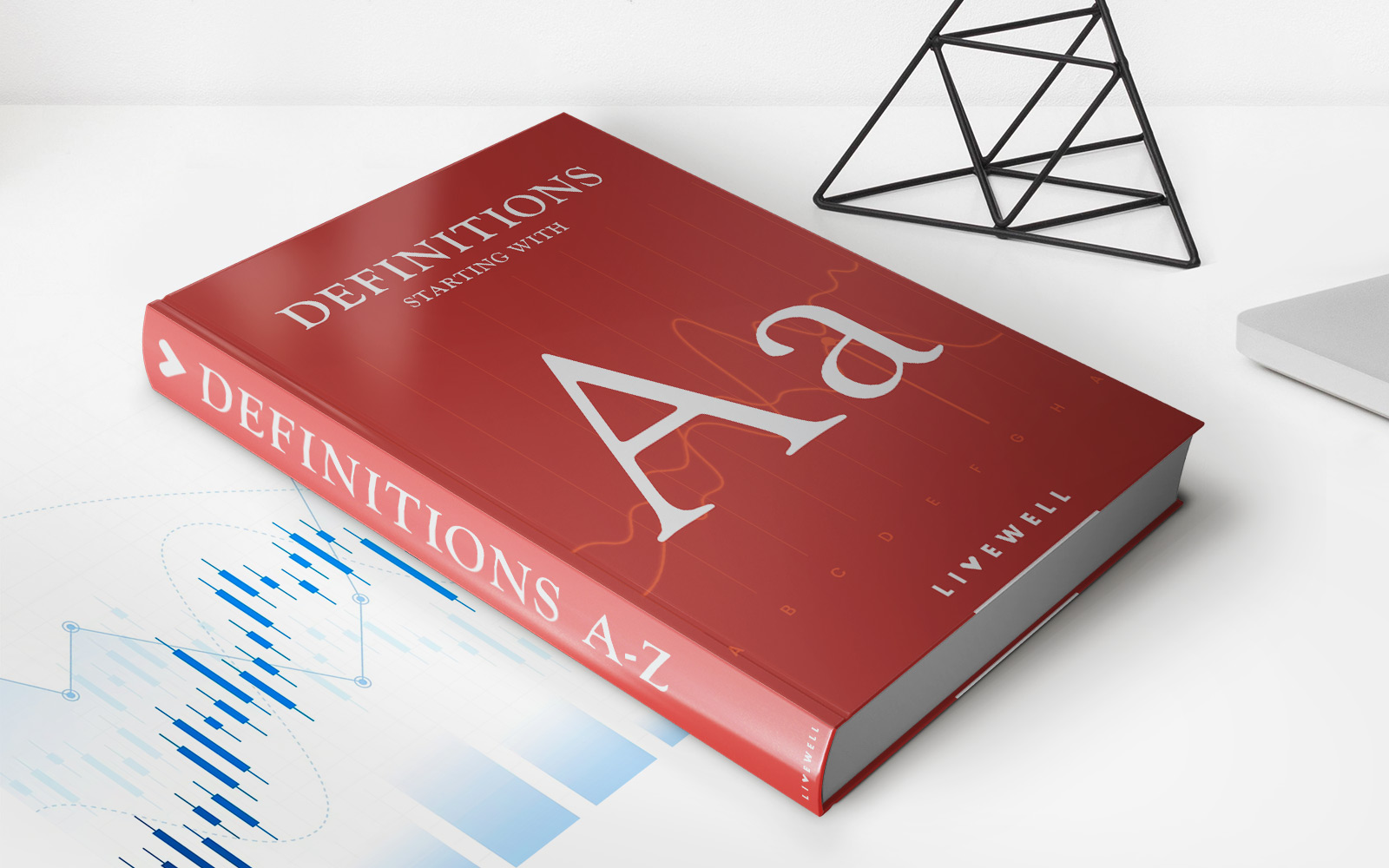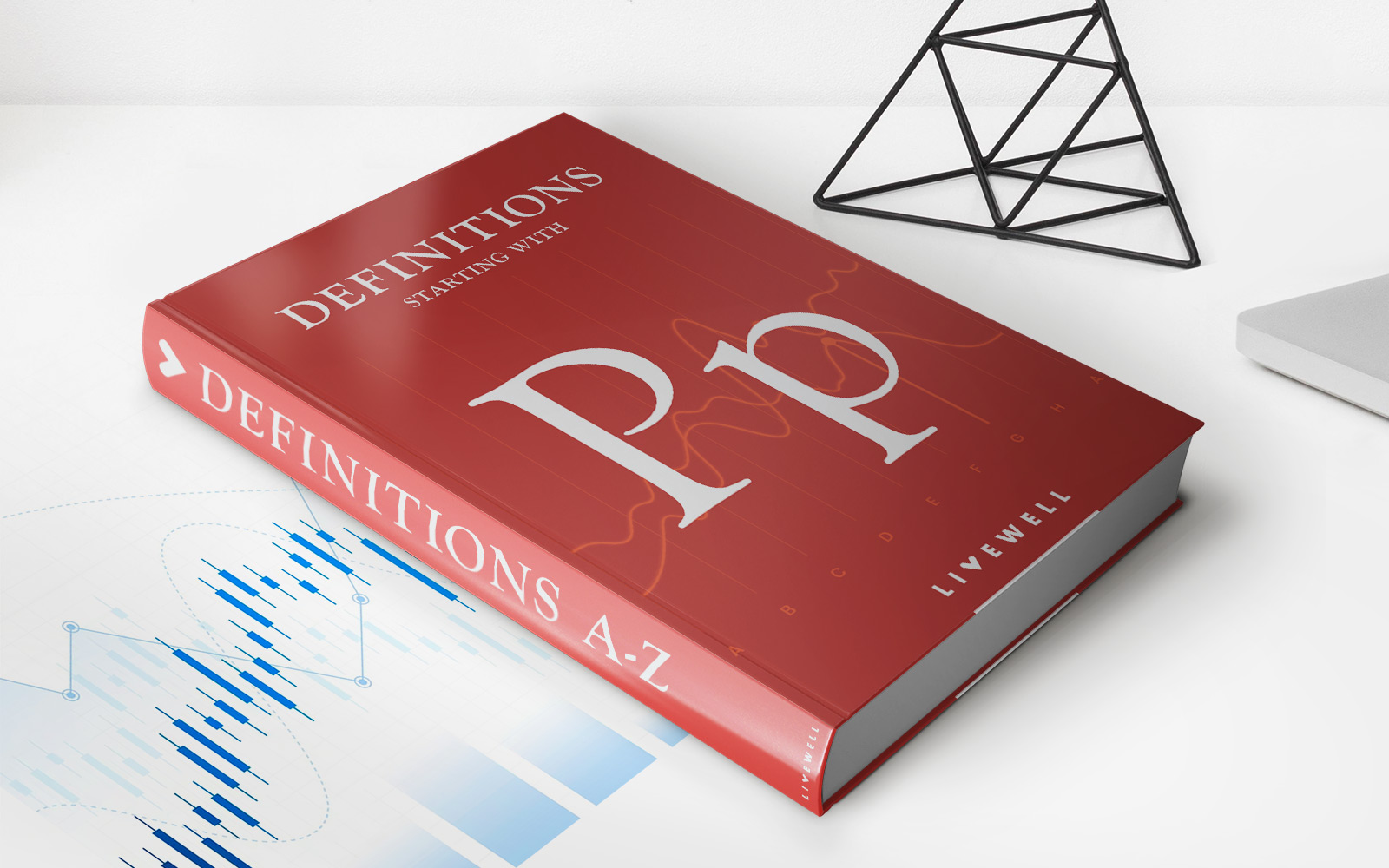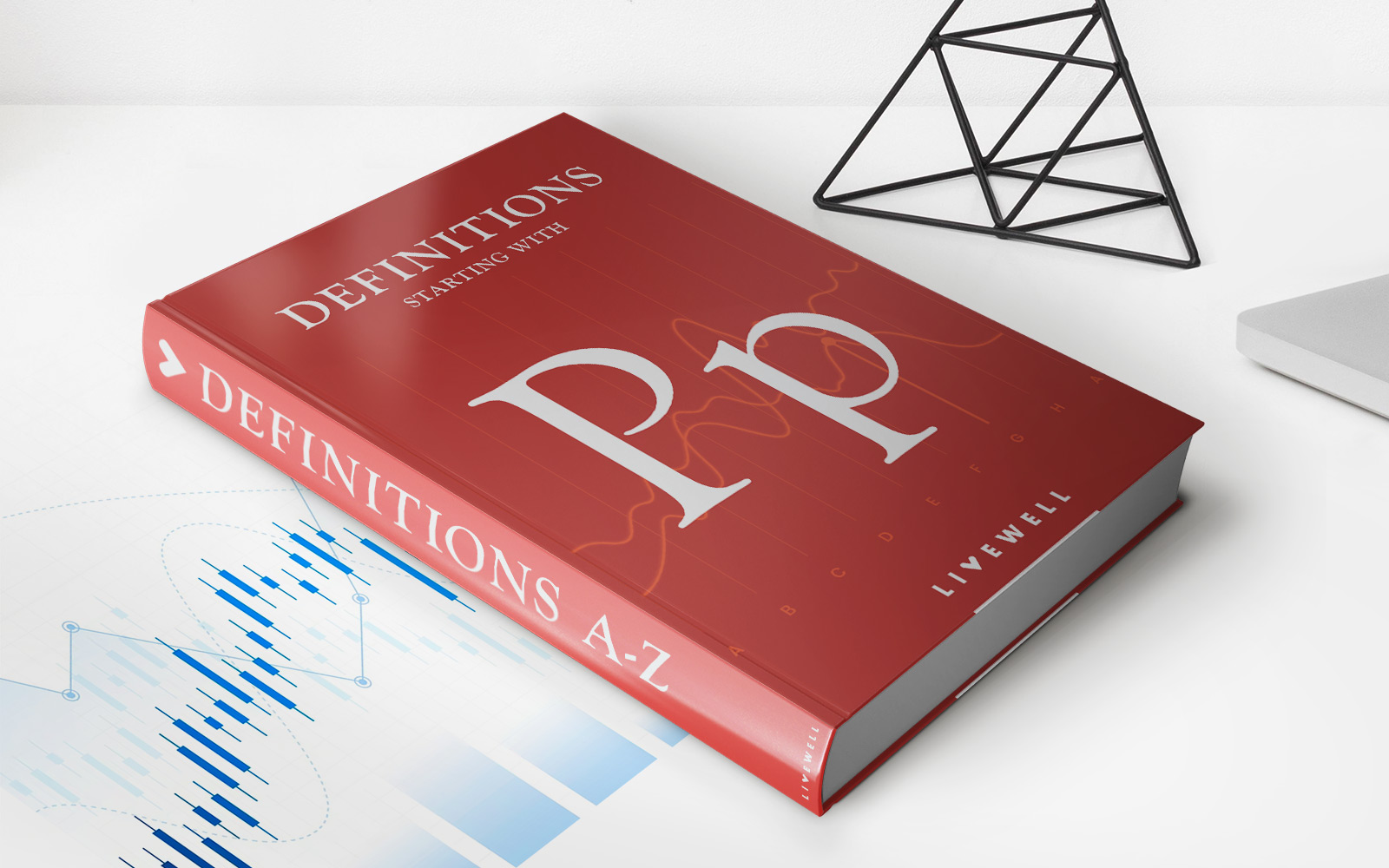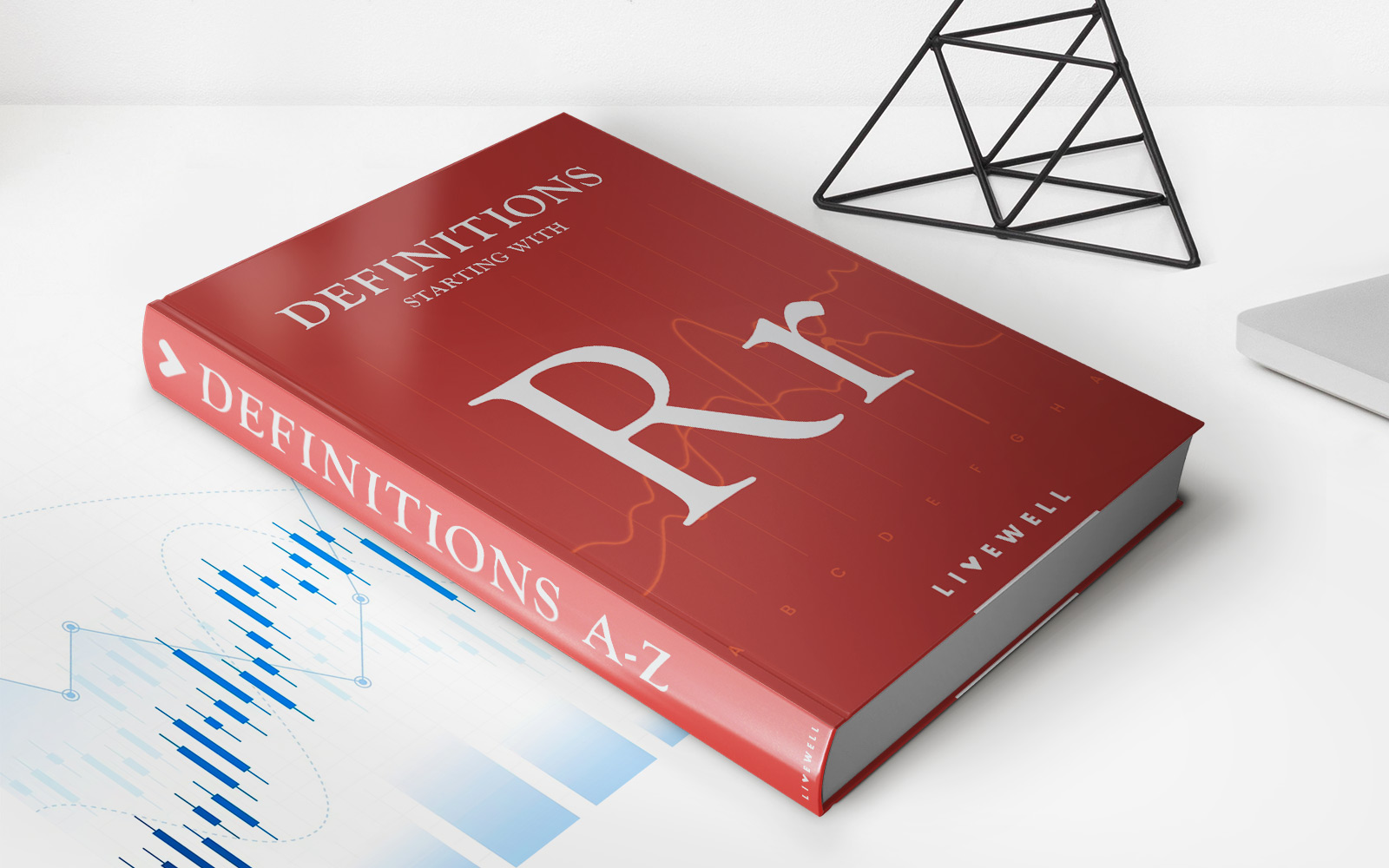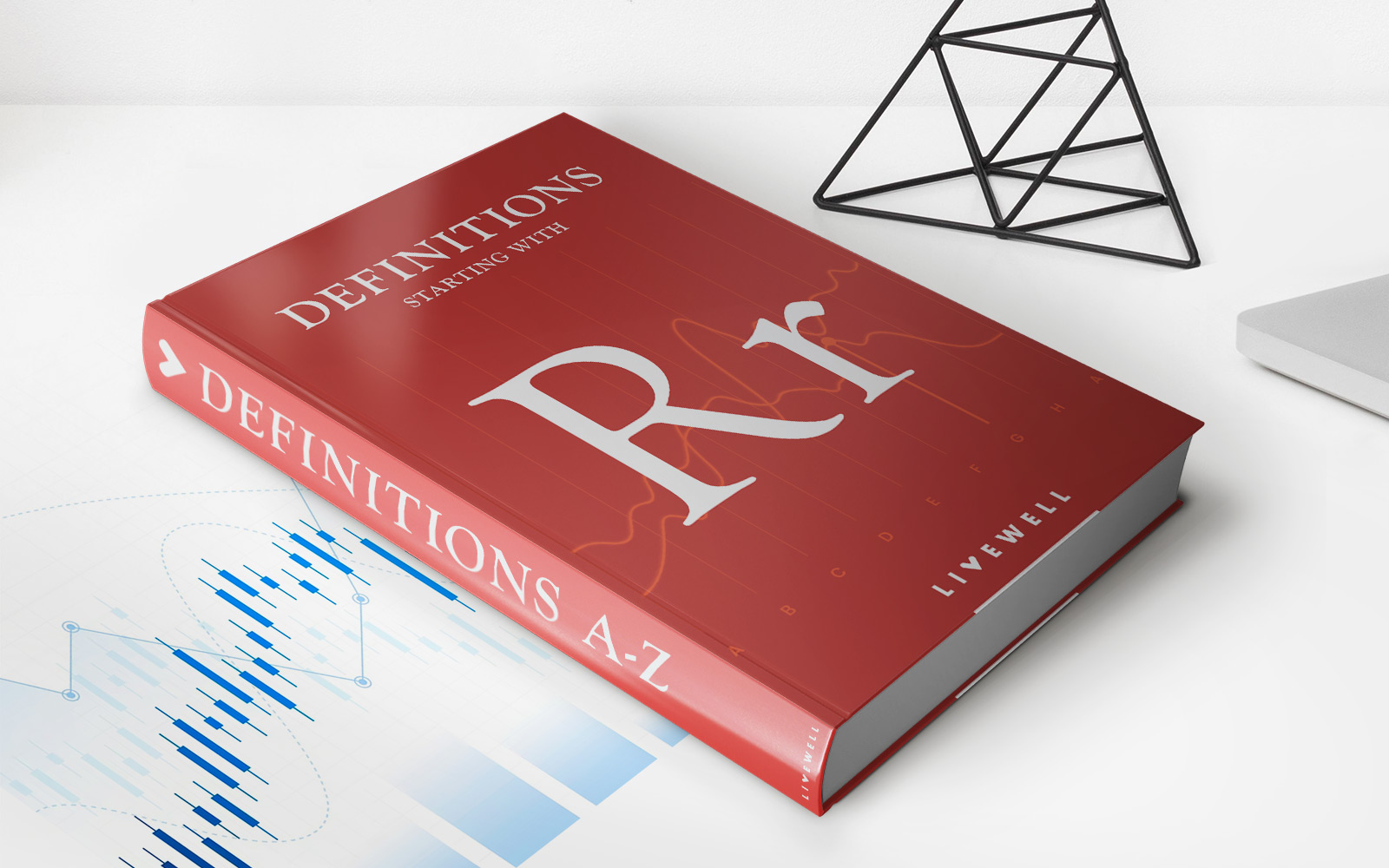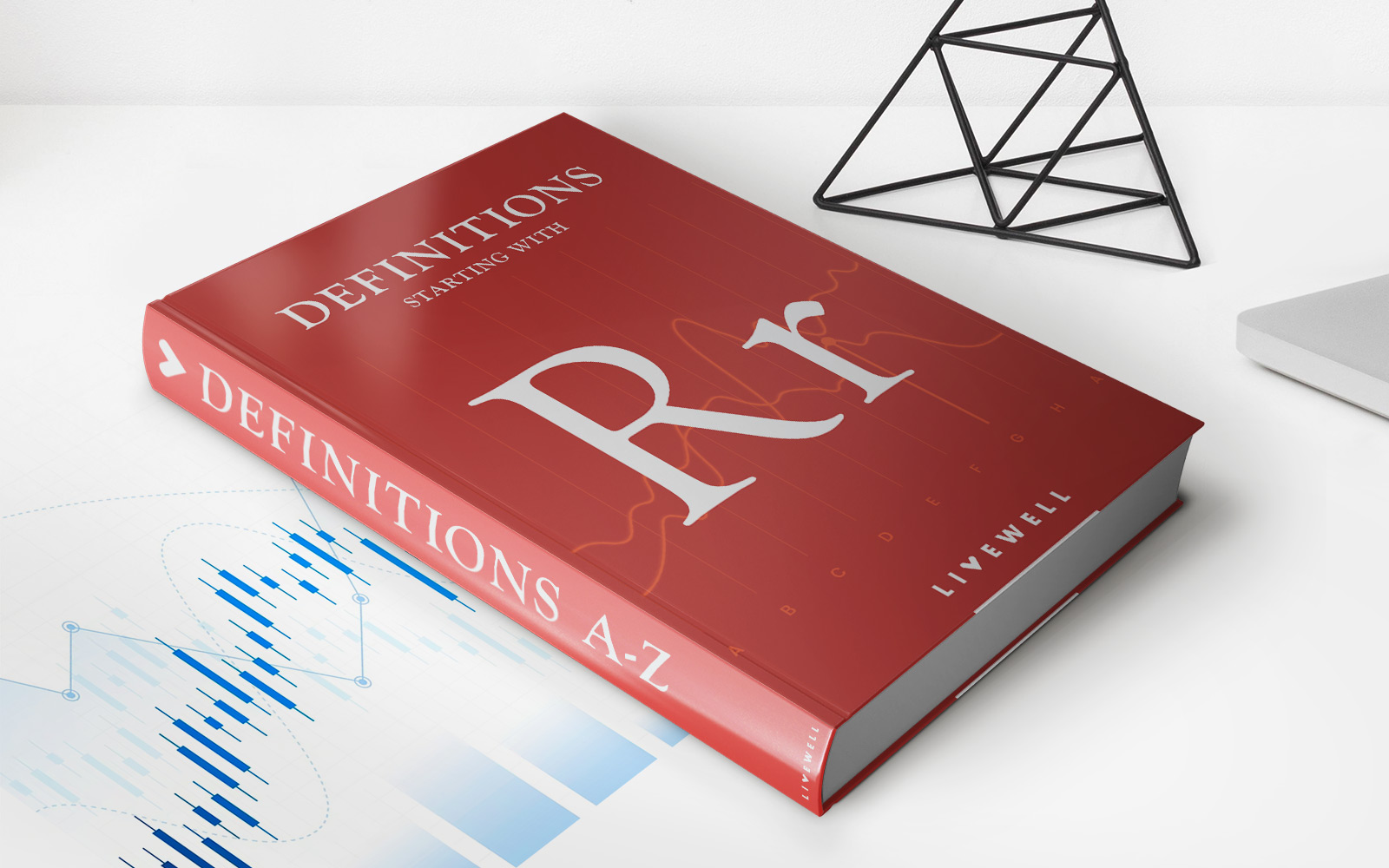

Finance
Retail Note Definition
Published: January 19, 2024
Learn the meaning of a retail note in finance and how it affects your financial transactions. Understand the key aspects and implications in this comprehensive guide.
(Many of the links in this article redirect to a specific reviewed product. Your purchase of these products through affiliate links helps to generate commission for LiveWell, at no extra cost. Learn more)
Retail Note Definition: An Essential Guide to Financing Options
When it comes to managing personal finances, understanding different financing options is crucial. One such option that offers individuals a way to invest and grow their money is a retail note. In this article, we will delve into the world of retail notes, providing you with a comprehensive definition, key advantages, and how they can fit into your overall financial strategy.
Key Takeaways:
- Retail notes are debt instruments that individuals can purchase to lend money directly to a specific borrower.
- They offer an opportunity for investors to earn interest income and diversify their investment portfolio.
What is a Retail Note?
A retail note, also known as a promissory note or a consumer note, is a debt instrument issued by an individual or a small business seeking funding. It allows borrowers to raise capital by borrowing money directly from individuals rather than seeking traditional financing through banks or financial institutions.
Retail notes are commonly used by individuals or small businesses who may not have easy access to traditional loans due to factors such as a lack of credit history or limited collateral. Investors purchase these notes, essentially acting as lenders, and the borrower commits to making regular interest payments and repaying the principal amount on a predetermined schedule.
Advantages of Investing in Retail Notes:
Investing in retail notes offers several advantages for both borrowers and lenders. Here are a few key benefits:
- Diversification: Retail notes provide investors with an opportunity to diversify their investment portfolios beyond traditional options like stocks and bonds. By lending money to different borrowers, investors can spread out their risk and potentially earn higher returns.
- Steady Income: As an investor, retail notes provide you with a predictable stream of interest income, often paid monthly or quarterly. This can be especially appealing for individuals looking for a steady source of passive income.
- Direct Relationship: Unlike investing in stocks or mutual funds, retail notes enable investors to establish a direct relationship with the borrower. This transparency can help build trust and provide a clearer understanding of the borrower’s financial situation.
- Flexible Investment Options: Retail notes come in various forms, including secured and unsecured, short-term or long-term, and fixed or variable interest rates. This flexibility allows investors to choose the option that best suits their risk tolerance and financial goals.
How Retail Notes Fit into Your Financial Strategy:
When considering incorporating retail notes into your financial strategy, it’s essential to evaluate your personal investment goals and risk tolerance. Here are a few practical tips to help you determine if retail notes are a suitable option for you:
- Assess Your Risk Tolerance: Like any investment, retail notes carry a certain level of risk. It’s crucial to assess your risk tolerance and make sure it aligns with your overall investment strategy.
- Due Diligence: Before investing in a retail note, thoroughly research the borrower’s creditworthiness, financial history, and repayment capacity. Conducting due diligence helps mitigate potential risks.
- Start Small and Diversify: If you are new to retail note investing, it’s wise to start with smaller investments and gradually diversify your portfolio. This approach allows you to gain experience and minimize potential losses.
- Regular Monitoring: Keep a tab on your retail note investments to ensure the borrower is making timely interest payments and adhering to the repayment schedule. Regular monitoring allows you to take appropriate action if any issues arise.
Remember, retail notes can be a valuable component of your overall investment strategy, but it’s crucial to conduct thorough research and carefully evaluate each opportunity before making any financial commitments.
By understanding retail note definitions, advantages, and how they fit into your financial strategy, you can make informed decisions when it comes to investing your hard-earned money. Including retail notes in your portfolio may provide the diversification and potential for steady income that you seek.
